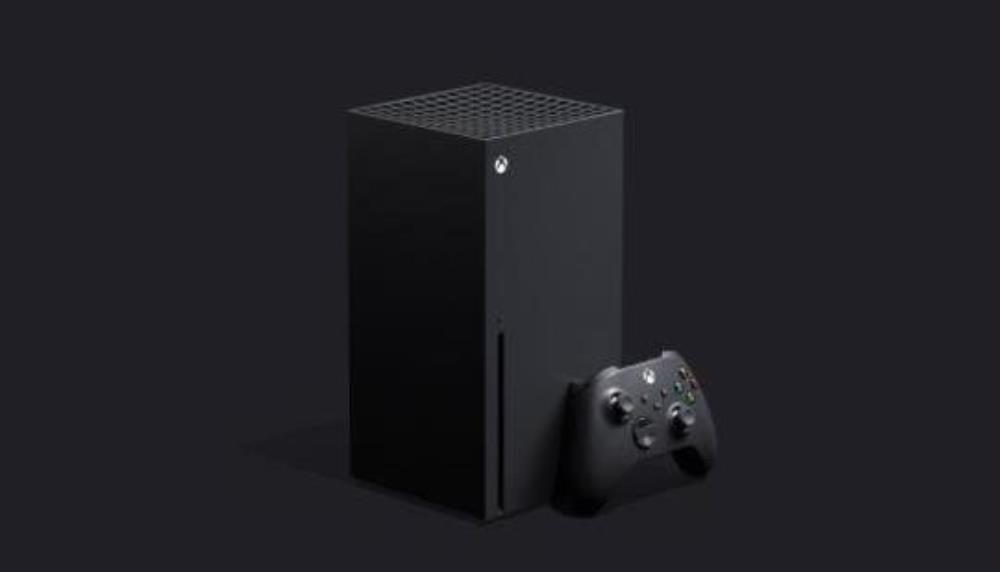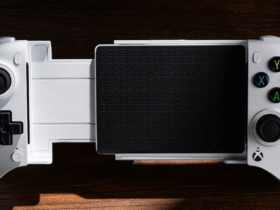Multiple reasons, but the main culprit was the Xbox One era.
As Phil Spencer said, it was the worst generation for MS to lose as it was a time when most folks started to build digital libraries. MS didn’t have a remarkable first-party lineup. Titles that may have been interesting such as Scalebound or the Phantom Dust Remake were canceled. Games like RYSE and Crackdown 3 were mediocre at best. Where fans clamored for a new Conker, MS delivered Project Spark. Even games that have since gone on to become successful like Sea of Thieves had a very rocky start, and the incentive to join the Xbox ecosystem wasn’t really there. The focus on Kinect didn’t help either. MS genuinely tried to course correct, and listened, albeit a little bit too closely, to the scores of internet memes and jabs of Xbox having no games…so MS acquired a bunch of studios.
While this was a quick remedy to a glaring problem, MS was also heavily marketing Games Pass as well, a service that ostensibly gave its first-party games away for free. This wasn’t enough however, and MS continued to spend its way out of a much larger problem: to purchase publishers to bolster the Game Pass library and attract players to its waning ecosystem. But all of these actions came a little too late. By the time MS was able to really secure a solid pipeline of games to its platforms, the market had already turned its back on Xbox, leaving behind its die-hard fanbase.
Without new consumers to sell Xbox consoles to, Game Pass growth remained marginal or flat. MS put itself into a corner, and even worse, it has spent nearly 100 billion dollars in the process, drawing the attention from the higher ups who had by and large ignored the Xbox side of MS. Executives wanted a return on that investment and quickly and likely ordered Xbox to go multiplatform. Without that pivot, Xbox would have collapsed under the weight of its now hefty portfolio. Yes, it’s all dandy to the Game Pass subscriber, who pays $20 a month for scores of first-party titles, indies, and headline grabbing third-party games like say Persona or Yakuza, but the lack of console growth blunted Game Pass growth, a service that needed to grow exponentially in order to cover the development costs of all those first-party titles and third-party deals.
MS could have very well been able to compete, but Game Pass really hindered that. It even led to lower software sales for games not included on the service, as subscribers simply hedged their bets and waited for ‘insert game title here’ to eventually end up on Game Pass. That additional 30% cut that MS would have enjoyed from third-party software sales was also dwindling. All of this really created a perfect storm that put MS in the position it is now. This is why I don’t buy the PR talk of this being somehow being better for the industry, or they Sony needs to follow suit, or that MS is somehow doing Sony a favor by going multiplatform. It’s all designed to manufacture consent, to convince the fanbase that this is a good thing, that it will be better for them as well. When in reality, MS is not longer making decisions with its install base in mind.











Leave a Reply